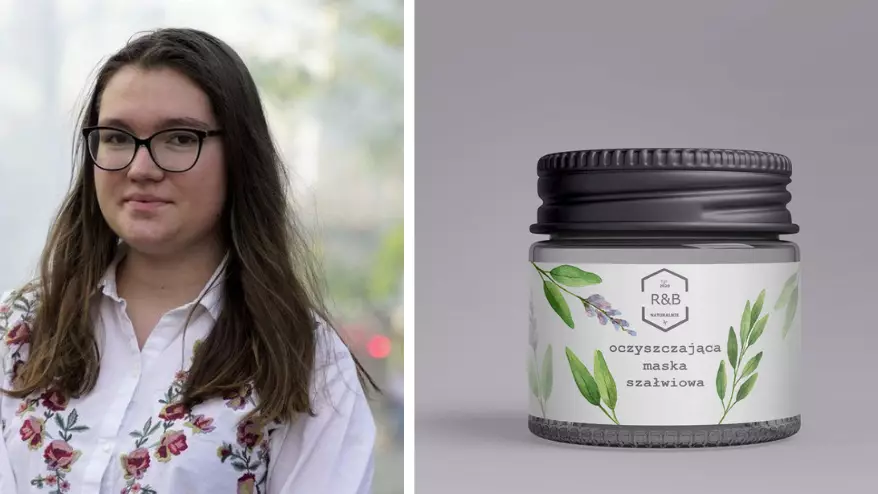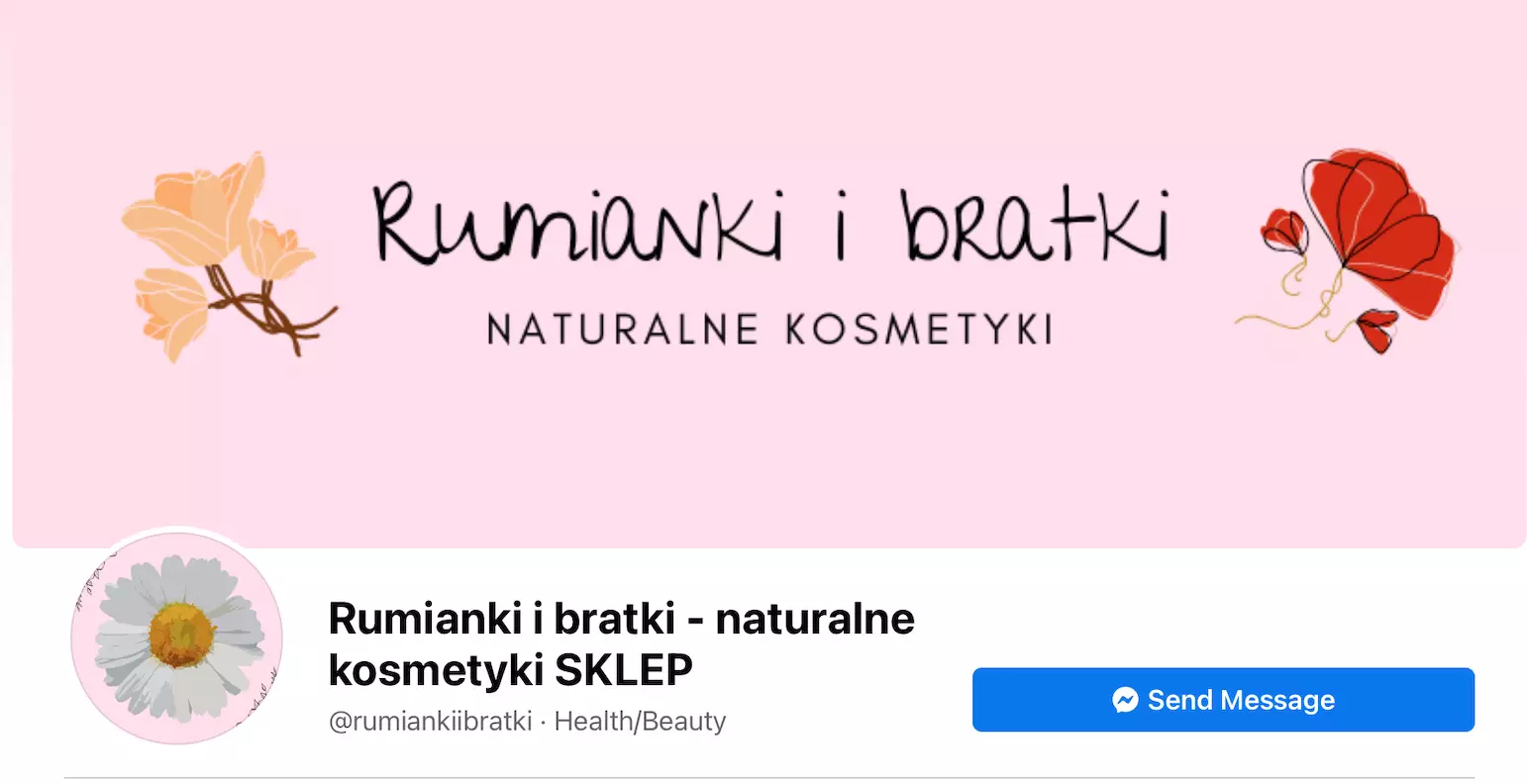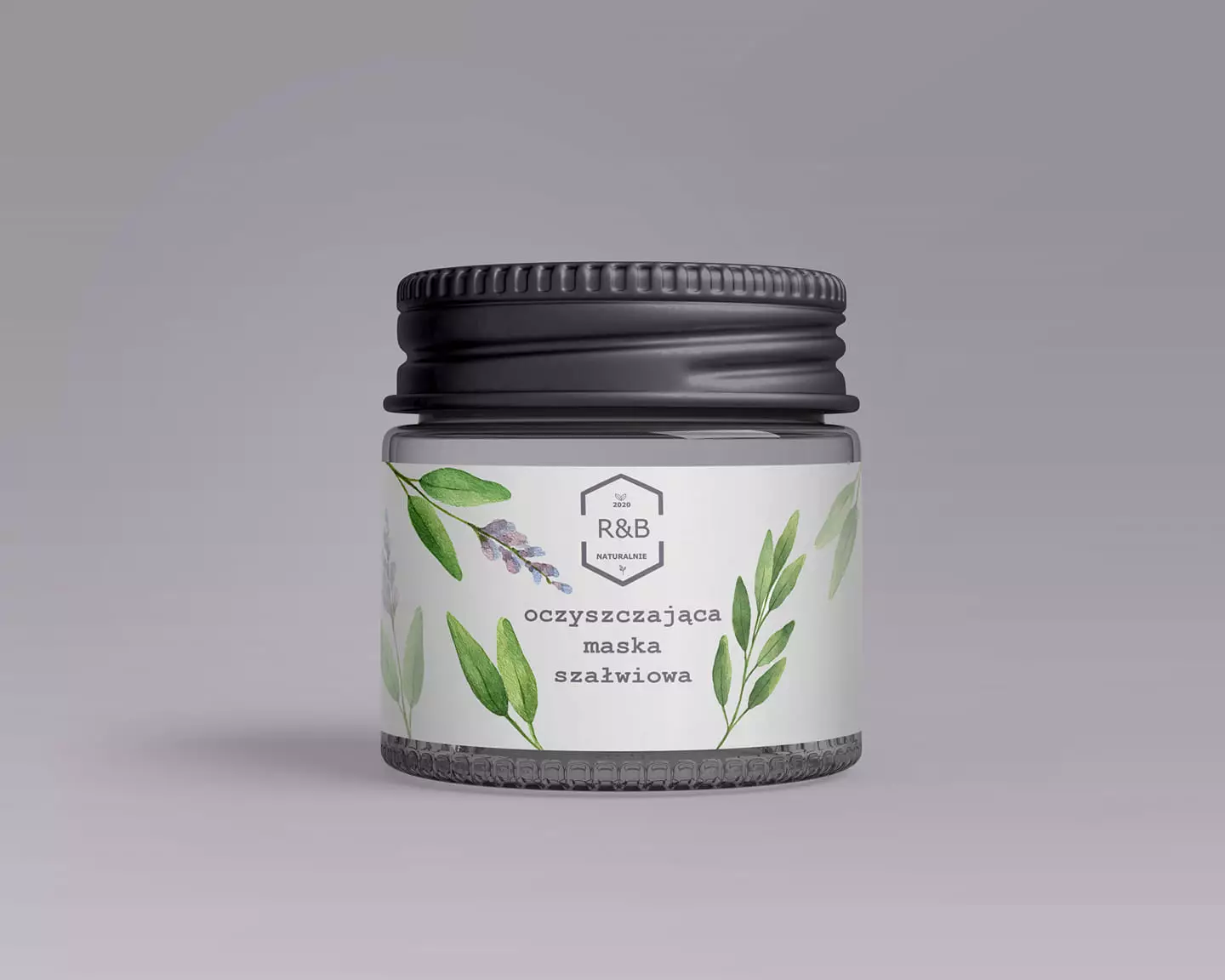
A Polish high school student has launched a fake online beauty shop for women to report domestic abuse under the guise of shopping for cosmetics.
In April, Krystyna Paszko - who was only 17 at the time - decided to launch the fake online shop "Camomiles and Pansies" to 'sell' cosmetics. The idea is that the women in need can hide their requests for help by appearing to be shopping online.

When a victim writes to ask to buy a product - such as cream - a psychologist responds instead of a salesperson. They then ask the "shopper" how long have they had "skin problems," or if the affected skin reacts to alcohol. If an order is placed and an address is provided, this is used as a code for authorities to visit the "shopper's" home.
Advert
The page has been inundated with requests. Since it's launch, more than 350 people have contacted the website. Most victims are under 40, the BBC reports, and about 10 per cent are male.
Krystyna said: "More younger women prefer to write on Facebook than to call on the phone, it's more natural for younger women to use Facebook chat. Most of the men writing to us are teenagers."

She was inspired to make the website after hearing about an initiative in France, where domestic abuse victims are able to visit a pharmacy and ask for a special mask that lets the pharmacist know they are seeking help.
Advert
In January, Safeguarding Minister Victoria Atkins launched a similar initiative, the Ask for ANI codeword scheme in collaboration with Boots, which allows those at risk or suffering from abuse to discreetly signal that they need help and access support.
By asking for ANI, a trained pharmacy worker can then offer a private space where they can talk to the victim if they need help, or to speak to police.
The scheme can also help victims access support services such as a national or local domestic abuse helplines.

Prime Minister Boris Johnson, who committed to launch this scheme at the Hidden Harms summit last year, said of Ask for ANI: "As we once again have to ask people across the country to stay at home to tackle this virus, it's vital that we take action to protect those for who home is not a safe space."
Advert
A Panorama investigation found domestic abuse surged in lockdown. Two-thirds of women in abusive relationships have suffered more violence from their partners during the pandemic, while three-quarters of victims also say the lockdown has made it harder for them to escape their abusers.
The teen credits her involvement a Warsaw Scout group for her passion for human rights- she also created their Facebook page.
She has being rewarded for her life-saving idea, winning the honour of the European Union's Civil Solidarity Prize that came with €10,000 (£8,700; $12,120).
Krystyna and her team intend to continue their efforts with "Chamomile and Pansies."
Advert
If you're a victim looking to report abuse, you can call the National Domestic Abuse Helpline on 0808 2000 247. Or - if it is not safe to do so - visit the organisation's website and discreetly fill out a form.
Topics: Life News, Life, domestic abuse